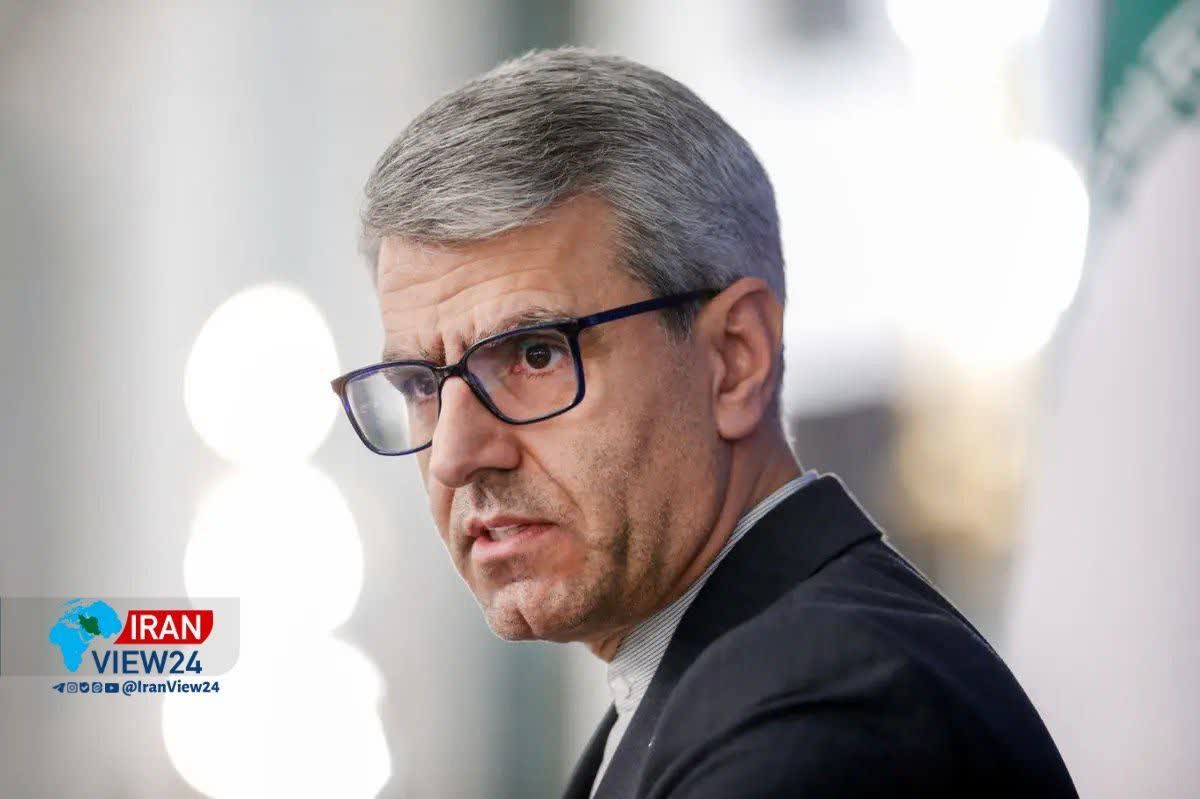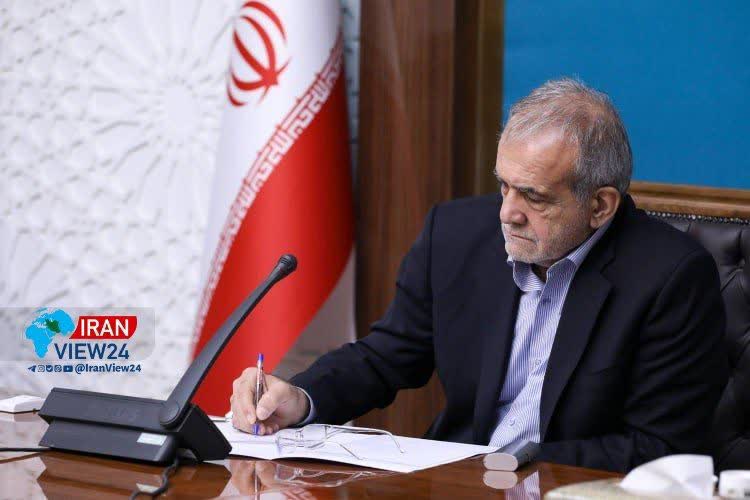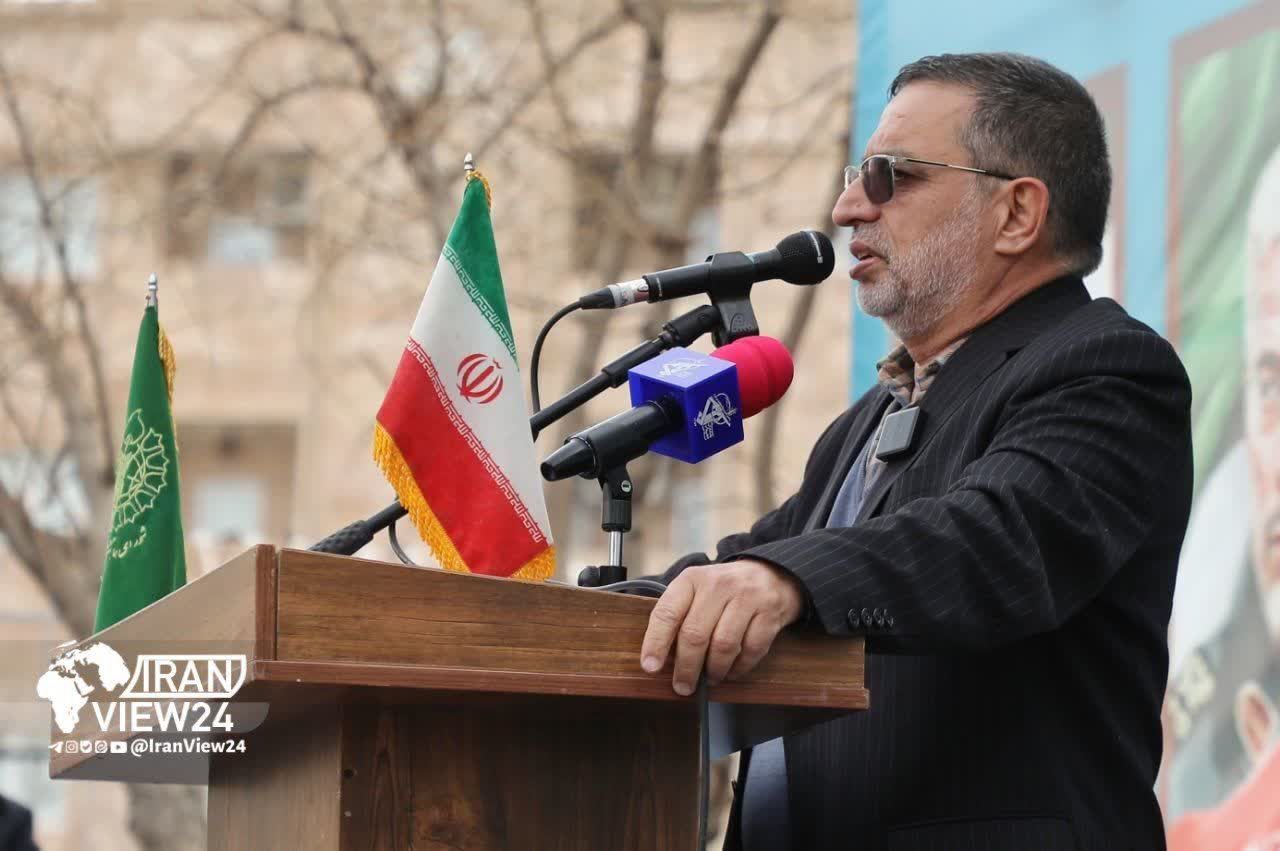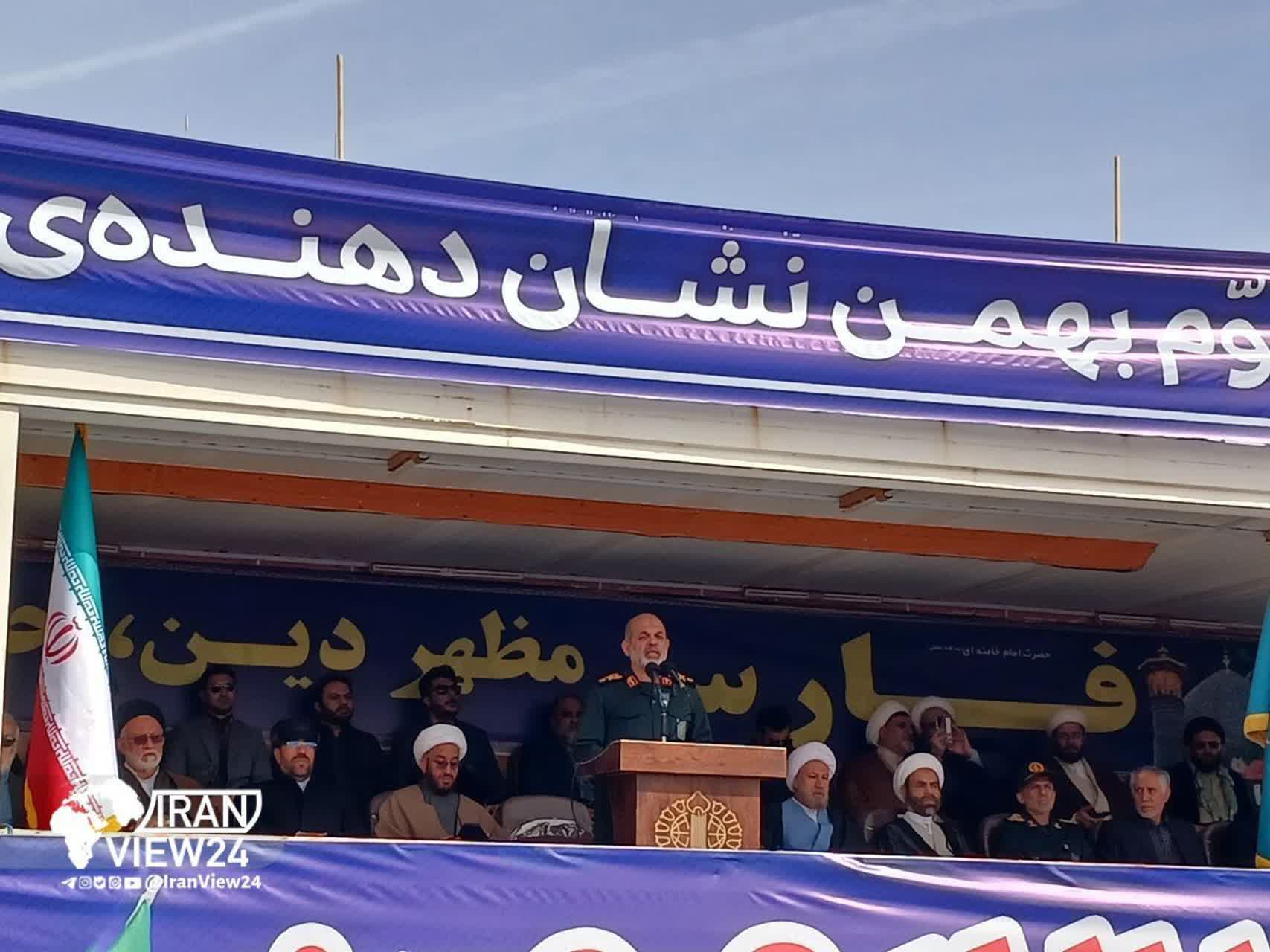Tehran- Iran View24 – June 2
According to Iran View 24, U.S. media outlet Axios claimed in a report on Monday that the United States has made a new secret proposal to the Islamic Republic of Iran, allowing limited uranium enrichment on Iranian soil—a move that contradicts Washington’s official public statements and signals a clear shift in Donald Trump’s approach toward Iran’s nuclear program.
A Departure from Public Stances
While top U.S. officials such as Steve Witkoff, the White House’s special envoy, and Marco Rubio, the acting National Security Advisor and Secretary of State, have repeatedly stated that the U.S. would never permit any form of enrichment by Iran and would demand a complete dismantlement of Iran’s nuclear infrastructure, Axios now reports that a confidential document provided by informed sources tells a different story behind the scenes.
According to this proposal, not only is limited enrichment for peaceful purposes acknowledged, but some of Iran’s nuclear activities would also be allowed to continue under strict oversight by the IAEA and the United States.
Main Clauses of Washington’s Proposal (as reported by Axios)
Iran would be allowed to continue enrichment up to 3% for a period to be determined during negotiations;
Underground enrichment facilities must be temporarily deactivated.
Research and development on new centrifuges must be halted.
Iran would be prohibited from building any new enrichment sites;
Iran must also accept the implementation of the IAEA Additional Protocol ( of course, Iran has always been committed to implementing the NPT).
Sanctions relief would only begin once Iran demonstrates practical compliance.
Iran’s Response: No Guarantees Yet
Iran has not yet disclosed any official details of the U.S. proposal. Foreign Minister Seyed Abbas Araghchi stated today that Iran’s response is being drafted. Meanwhile, Iranian Foreign Ministry spokesman Esmaeil Baghaei emphasized in a Monday press briefing:
“The U.S. side has not provided sufficient guarantees regarding how and when sanctions would be lifted.”
He added that Iran is still reviewing the content and called America’s claim that the proposal is acceptable to Iran “an exaggeration.”
Analysis: A Gradual Return to the JCPOA?
Many observers believe that the Trump administration cannot forge a deal stricter than the 2015 nuclear agreement (JCPOA). While Trump withdrew from the deal in 2018 and adopted a “maximum pressure” strategy, this new proposal includes elements reminiscent of the JCPOA, though with notable differences that might not be acceptable to Iran.
Still, it appears that Washington, despite its tough rhetoric, is quietly moving toward a path resembling the JCPOA, a direction strongly opposed by Israel and some Republican senators.
Israeli Concerns and Sabotage Efforts
Axios also noted that Israeli Prime Minister Benjamin Netanyahu, a staunch advocate of military action or total cessation of Iran’s enrichment, has pressured U.S. officials not to show any leniency toward Iran.
Israeli sources claim Netanyahu is even prepared for military strikes without prior coordination with the Trump administration to derail negotiations.
At a press conference on June 2, Foreign Ministry spokesman Baghaei was asked how seriously Iran takes the differences between the U.S. and Israel on this issue. He replied:
“What we can confidently say is that if there are disagreements, they’re about how to exert pressure on the Iranian people, not whether to do so. Both sides aim to undermine the Islamic Republic. Experience shows their so-called differences were just a division of labor to apply pressure on Iran.”






